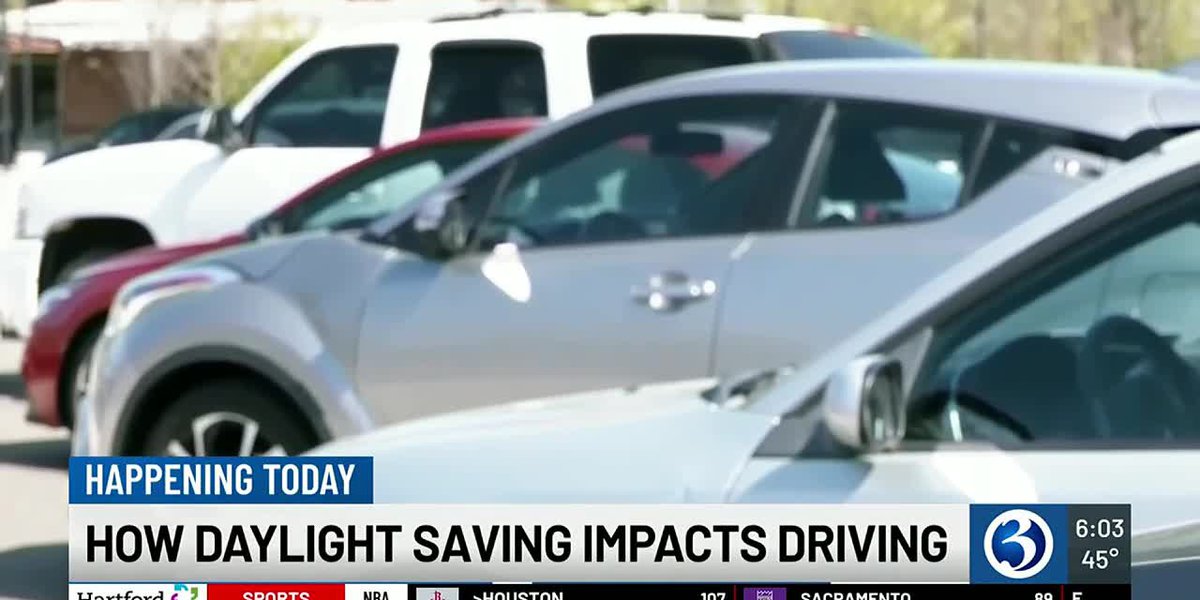
(WFSB) – Many people may have woken up after getting an extra hour of sleep from the end of Daylight Saving Time, the shifting of the clocks can have impacts on the body and mind.
Researchers said the shift can increase health risks.
A study by Johns Hopkins School of Public Health unveiled that changing the clocks is associated with an uptick in mood disturbances, hospital admissions, and an elevated production of inflammatory markers that lead to heart attacks and strokes.
Lawmakers have used this and similar studies to propose an end to the practice.
For years, they said they have battled against changing the clocks.
Last year, a federal bill came up short.
Now, individual states have continued to try to make that change.
They argued that falling back and springing forward has more negative effects than positive. That included driving.
AAA said reduced daylight increased both distracted and drowsy driving.
The Connecticut Department of Transportation dubbed the end of Daylight Saving Time the most dangerous time of the year for the state’s roadways because of the disturbance to people’s sleep patterns.
The pattern change, combined with an earlier dusk and dark evening commutes, have been a proven formula for fatigue-related crashes, AAA said.
AAA estimated that 16 to 20 percent of all police-reported deadly crashes likely involved drowsy driving.
Pedestrians, cyclists and other people who use sidewalks can help boost safety efforts, according to the driving club.
“If you are a pedestrian and you’re going to be walking in the evening or the dark, please use reflective clothing, carry a flashlight, and not just your phone,” said Tracy Noble, AAA.
Noble said with more people on the roadways for holiday travel, it’s more important to remain aware of surroundings.
Daylight Saving Time can have an impact on minds and bodies.
Copyright 2023 WFSB. All rights reserved.
